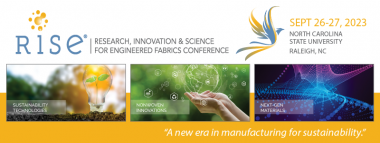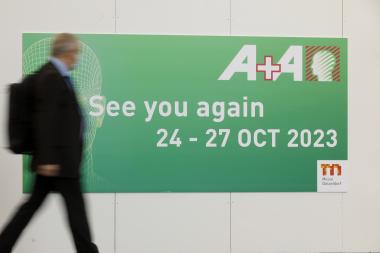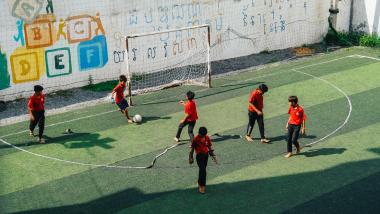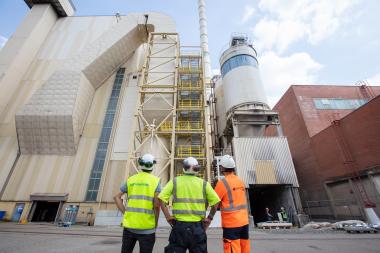Global Fashion Summit in Copenhagen: Ambition to Action
Leaders assembled at the renowned forum for sustainability in fashion to mobilise action and usher in a transformative phase for the industry.
Hosted in the Copenhagen Concert Hall, on 27-28 June, Global Fashion Summit convened over 1000 revered representatives from brands, retailers, NGOs, policy, manufacturers, and innovators to transform ambition into action. The Summit was presented by Global Fashion Agenda (GFA), the non-profit organisation that is accelerating the transition to a net positive fashion industry, under the patronage of HRH The Crown Princess of Denmark.
This year’s theme ‘Ambition to Action’, galvanised participants to transform ambitions into concrete actions that can drive the industry towards more sustainable practices, both socially and environmentally. Under this premise, the event presented content experiences focused on tangible and evidence-based impact, with over half of the programme dedicated to educational and action-oriented business case studies.
This edition included more speakers and content than ever before, with the dynamic and action-orientated sessions spanning across four different stages. The Summit also facilitated more than 10 strategic roundtable meetings that brought together executives and policy makers for productive dialogues on how to address pressing sustainability issues and act accordingly. The content integrated the five priorities of the Fashion CEO Agenda, alongside critical challenges and tangible opportunities relating to some of the key forces that are shaping the fashion industry today: data, policy and storytelling.
Attendees heard from 137 speakers including HRH The Crown Princess of Denmark; Antoine Arnault, Image & Environment, LVMH Group; Jonathan Anderson, Creative Director & Founder, JW Anderson and Creative Director, Loewe; Virginijus Sinkevičius, Commissioner for the Environment, Oceans and Fisheries, European Commission; Henriette Hallberg Thygesen, Chief Delivery Officer, Maersk; Aude Vergne, Chief Sustainability Officer, Chloé; Nicolaj Reffstrup, Founder, GANNI; Fanny Moizant, Co-Founder & President, Vestiaire Collective; Noel Kinder, Chief Sustainability Officer, Nike; Óscar García Maceiras, CEO, Inditex; Dr. Lewis Akenji, Managing Director, Hot or Cool Institute; Rachel Arthur, Advocacy Lead, Sustainable Fashion, United Nations Environment Programme; and many more.
Innovation Forum connected fashion companies with sustainable solution providers
This year’s Summit also presented an Innovation Forum, enabling small and large companies to meet with 26 sustainable solution providers – equipping them with the concrete tools to quickly turn words into meaningful actions. More than 350 facilitated business meetings between fashion companies and sustainable solution providers took place during the Summit.
Global Fashion Summit: Boston Edition will take place on 27 September 2023, which will mark the second time the Summit has been hosted outside of Copenhagen in its 14-year history.
Global Fashion Agenda




























